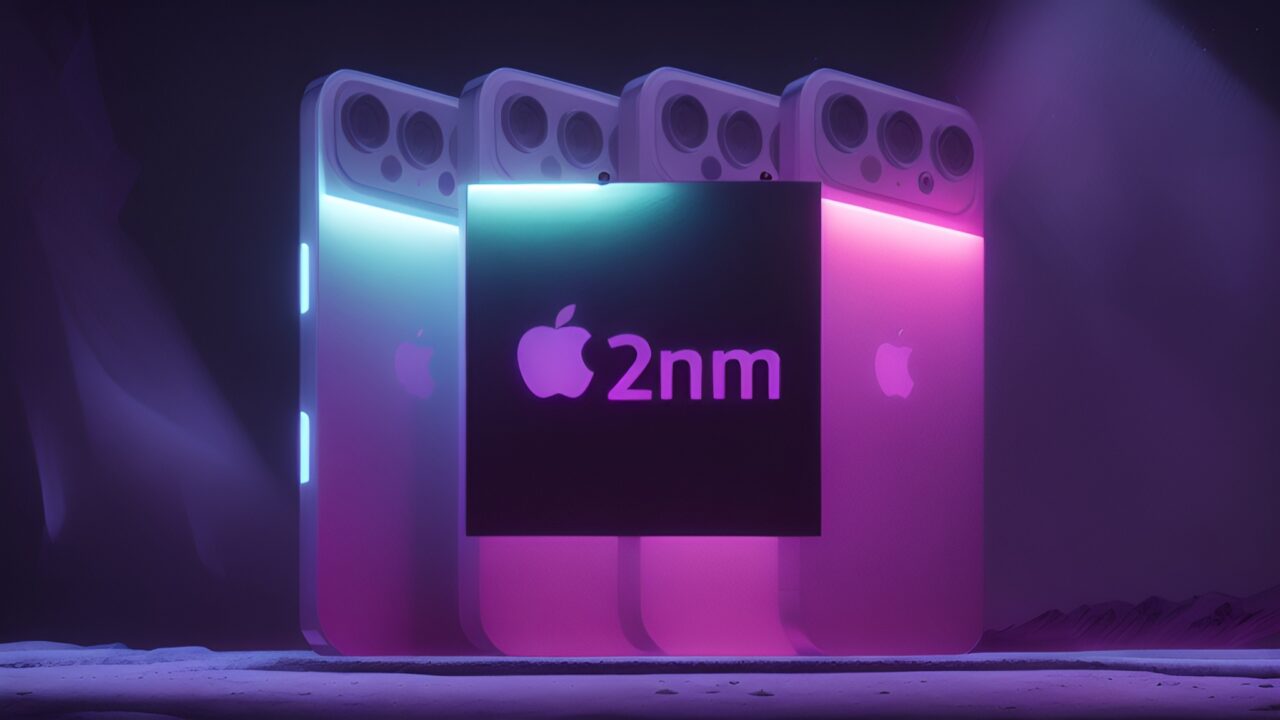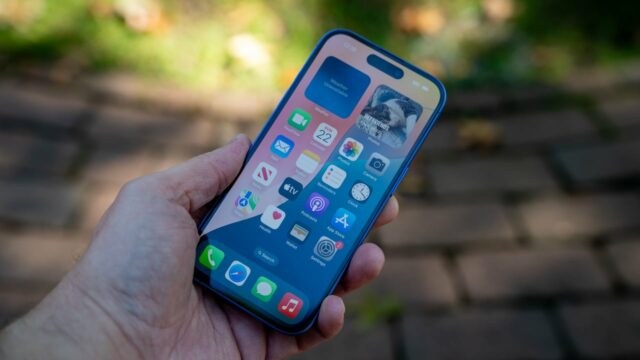We’re used to seeing Apple take a step forward every year when it comes to processors. However, for the time being, it seems to be in no hurry for the 2nm processors developed by TSMC. According to recent reports, we could see the next-generation chips for the first time in the iPhone 2026 Pro models that will be released in 18. So what will Apple offer with 2nm chips? Here are the details
Apple may use 2nm chip technology in iPhone 18 models
Apple will keep the 3nm processors currently used in the iPhone 15 Pro and Pro Max models in the upcoming iPhone 17 series. But of course, this will be a more advanced version with TSMC’s N3P (third generation 3nm) manufacturing process. The reasons for delaying the transition to 2nm technology are the high costs of the new process and the technical difficulties encountered during the production phase.

We are confident that 2nm chips will offer higher performance and energy efficiency. Their smaller size will save space, increase battery life and make devices less hot. However, the cost of these advanced features is quite high.
Therefore, Apple is expected to use 2nm technology only in high-end models such as the iPhone 18 Pro and Pro Max. The N18X process, the fourth generation of 3nm processors, may be preferred for standard iPhone 3 models.
What about Mac and iPad?
Apple plans to gradually use 2nm technology in other product lines besides iPhones. However, M5 processors developed for Mac and iPad devices will continue to use 3nm technology in the first phase. Apart from this, TSMC will start 2nm chip production in 2025. However, this production needs time to reach full capacity and meet Apple’s needs.
Just like the 3nm transition, Apple will be one of the first companies to adopt this new technology, but it is prioritizing the user experience by carefully planning the transition process. But do you think this cautious approach is the right step for users? How much can 2nm technology change the daily use of devices? Don’t forget to share your opinions with us.














